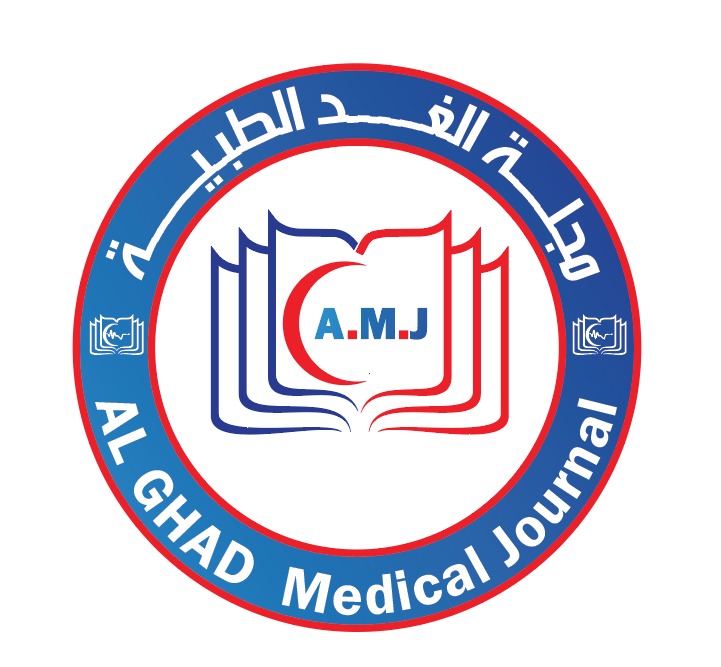The Implementation of Six-Sigma Methodology to Reduce Costs in Pharmaceutical Industry: A Case Study
Main Article Content
Abstract
The concept of Six Sigma is considered as one of the most important management concepts in total quality management, as it is based on the principle of focus efforts to provide manufacturing and services characterized by the highest levels of quality and compliance, at the lowest cost, and in standard time. With full commitment to avoid defects. This paper describes the theoretical and practical aspects of Six Sigma methodology and the advantages of its application in improvement and development. The paper also aimed at defining the DMAIC model for developing operations in order to encourage its adoption by local institutions to contribute to upgrading it towards globalization and moving it towards institutional excellence.
The goal of this research paper is to introduce a problem-solving technique to reduce costs within a manufacturing site without affecting the production required to increase product quality. The used case study was manufacturing process of tablets at IBN Hayan Pharmaceuticals Factory; data were collected through the production process of solid dosage form. A sampling plan was used to collect samples of finished products during the entire lot compression at equally spaced time intervals during the tableting process of the production time.
The presented results demonstrated that Six Sigma methodology and tools are effective for reducing costs for continuous improvement of work quality and reducing costs and defects in production and industrial processes.
Article Details
Section

This work is licensed under a Creative Commons Attribution 4.0 International License.

